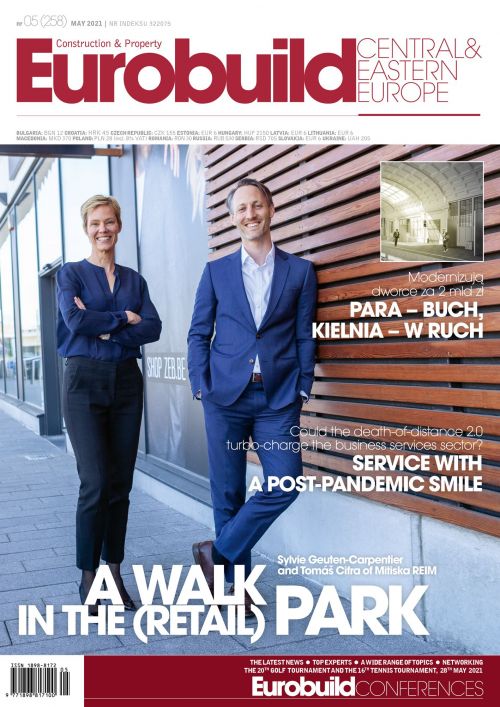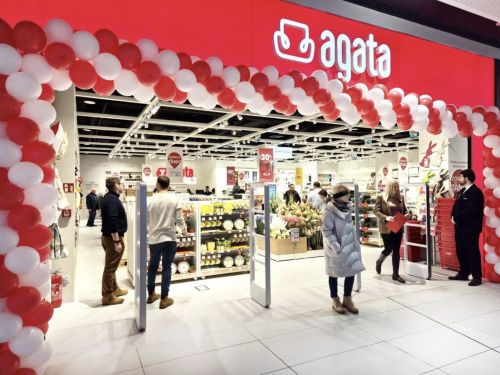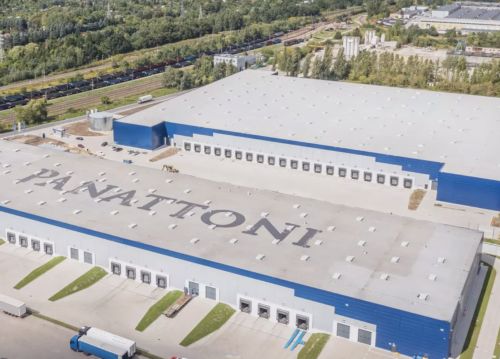The business services sector (BSS) first took root in Poland and the CEE region around 25 years ago, since when our part of Europe has firmly established itself as Europe’s go-to location for companies planning on outsourcing their operations. It may not rival in scale, say, India, where something like 2.7 mln people are employed in the sector (compared to 750,000 to a million in the CEE region), but Central Europe certainly beats it in terms of growth, having the advantages for Western companies of pools of talented and educated people with the required language skills, time-zone synchronicity and cultural affinity. According to the ‘Association of Business Service Leaders (ABSL), Poland, which last summer had around 338,000 people employed in more than 1,500 BPO, SSC /GBS, IT and R&D centres, has been experiencing annual growth in the range of 10–15 pct in terms of employment.
But the question that many people might be asking at this precise moment is whether t





























































